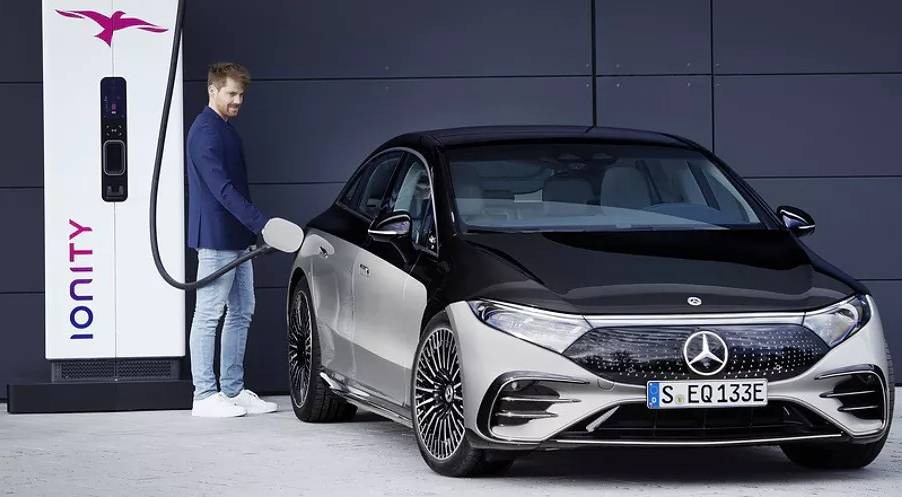A survey conducted by Mobia shows that in 2022, Belgians were less favorable to the purchase of an electric car. In the space of 12 months, the intention to switch to a battery-powered car would indeed have dropped by 10%. And it’s not very surprising. Explanations.
Mobia, the organization born from the association between FEBIAC (the federation of automobile manufacturers based in Belgium), Traxio (the federation of automobile professionals) and Renta (the federation of car rental companies), has just carry out a major survey (Profacts) at the Belgian level to find out what the intentions of motorists in our country were with regard to the electric car. And obviously, the conclusions are final: the beautiful road hitherto traced towards the car seems to deteriorate significantly.
The Mobia study shows that purchase intentions for an electric car have fallen significantly in 2022 since they would have fallen from 51% in 2021 to 40% today. De facto, this therefore means that the number of people who do not want to drive an electric car has increased from 49 to 60%. Undoubtedly, this is a significant setback when everything led to believe that the craze for the electric car would only grow.
Walloons lagging behind
If we examine the results by region, we see that it is the Walloons who are apparently the least attracted to the electric car since only 36% of them say they are ready to take the plunge. On the other hand, they are 45% in Flanders and downright 61% in Brussels, probably for reasons of quality of life (noise, pollution, etc.).
Naturally, the survey also highlights the potential obstacles to this transition. Among the (recurring) factors cited, the purchase price is at the top of the ranking (47%) followed by too limited autonomy (26%). It is also interesting that this problem of autonomy seems to be growing since in 2021, this aspect was only perceived as a hindrance by 20% of respondents.

Of course, the current energy crisis has also brought about a change in realities. The price of electricity in particular – which has more than doubled in a few months – is now cited by 14% of respondents, 4% more than last year. We also learn that buyers of electric vehicles do so for the sake of ecology, and this for 39% of respondents, which seems a lot. But it is nevertheless less than in 2021 since the drop reaches 16 points. From now on, these are tax reasons and in particular to comply with the new rules in force (28%).
It should also be noted that 22% of respondents still hope to save fuel by switching to an electric car. Obviously, these people do not read the press very much, because today a full tank of electricity costs almost as much as a full tank of petrol or diesel.
All this shows us how complicated it will be to negotiate this electric turn. Our decision-makers would do well to consider these kinds of results if they want to be able to adapt their policy and stick to their timetable.
